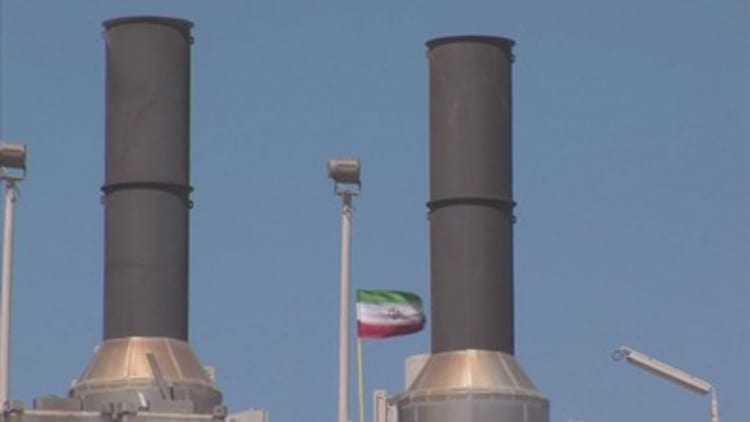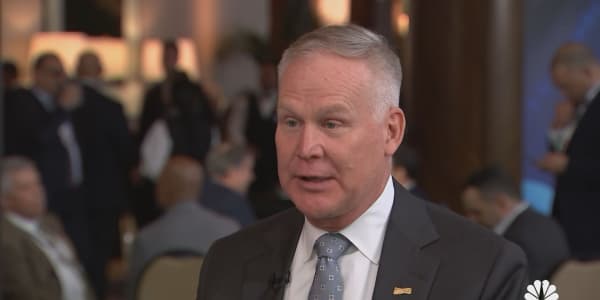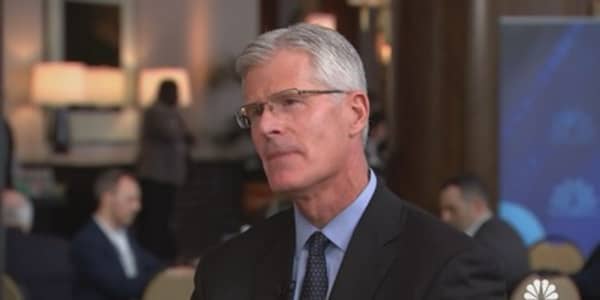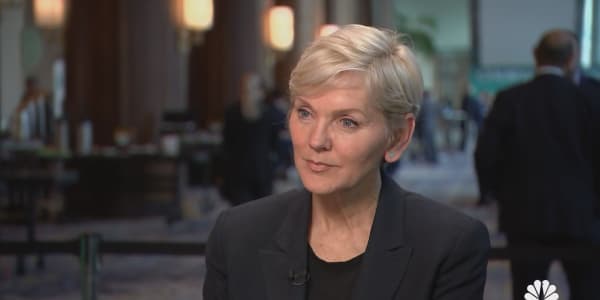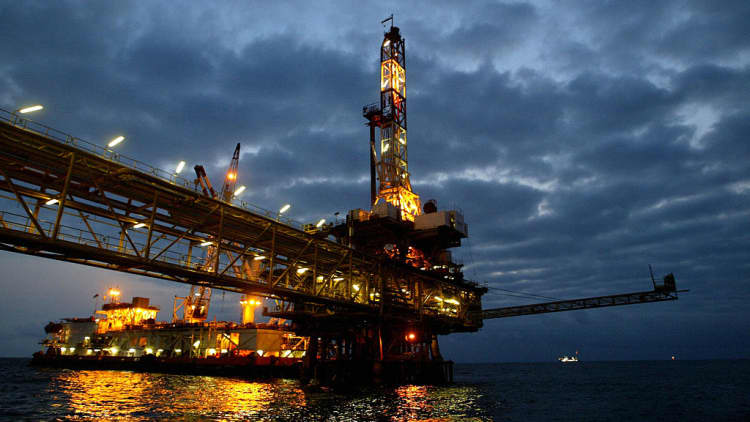
President Trump's "America First Energy Plan" was initially perceived by the market to be bullish for energy, and perhaps his policies will be. Less regulation, more drilling and infrastructure plays sound like a plan to revive an industry plagued by lower oil prices the last two years.
But the potential issue with the plan, especially at a time when the market is attempting a supply/demand rebalance, is that it could create an environment where supply dominates and oil prices decline.
CNBC's exclusive oil survey polled 14 traders, analysts, and hedge fund managers on the administration's impact on oil prices, and about half said Trump is not bullish for oil prices. Pumping more oil without a reciprocal boost in demand is net-net bearish.
"The Trump Administration is modestly bearish for prices of crude oil, but demonstrably bullish for domestic crude oil production," said Dennis Gartman, the founder of The Gartman Letter.
Domestic crude production is already on the rise, adding roughly half a million barrels a day since late last year to get the U.S. back over 9 million barrels a day, according to the U.S. Energy Information Agency. EIA data also shows that exports of both crude and refined products is rising. The expectation is that exports will continue to increase under President Trump.
How exports will impact the market is unclear. A little more than one-third of survey respondents said exporting more U.S. product could lower prices by putting domestic product in competition with global products. A little less than a third said oil prices could rise on increased exports, because global consumption creates demand. The remaining 40 percent said there would be no impact at all.
Meantime, opinions are also mixed on how the proposed border adjustment tax might influence prices. Slightly more than half of those asked said prices would rise because there would be more demand for domestic crude if imports fell due to the tax. The remainder said there would be no impact, weren't sure, or thought prices could move lower.
Saudi Arabia is the key to the market right now.John Kildufffounding partner, Again Capital
Despite a more bearish view emerging about Trump policies and energy, 60 percent of those polled said oil prices will "rise."
Roughly the same amount said the market is more likely to see $70 crude before it sees $30 oil. In terms of price targets, the majority of respondents think crude will be between $50 and $59 in June; $60-$69 by the end of 2017.
OPEC's recent 1.8 million barrel per day cut has added some support to the market, but it shouldn't necessarily be seen as the only bullish factor. About a third of participants feel prices will stay flat when the cuts expire and more than half said they may drop, but only "modestly."
Still, OPEC's relevance can't be disputed, especially as the Saudis look to offer an Aramco IPO possibly later this year.
"Saudi Arabia is the key to the market right now. They have cut more than their commitment under the deal, carrying the load that is driving the high compliance rate. If [the Sauids] waver on IPO'ing Aramco or see a real loss of market share, they could decide to produce full-out, again in response," said John Kilduff, partner of Again Capital.
